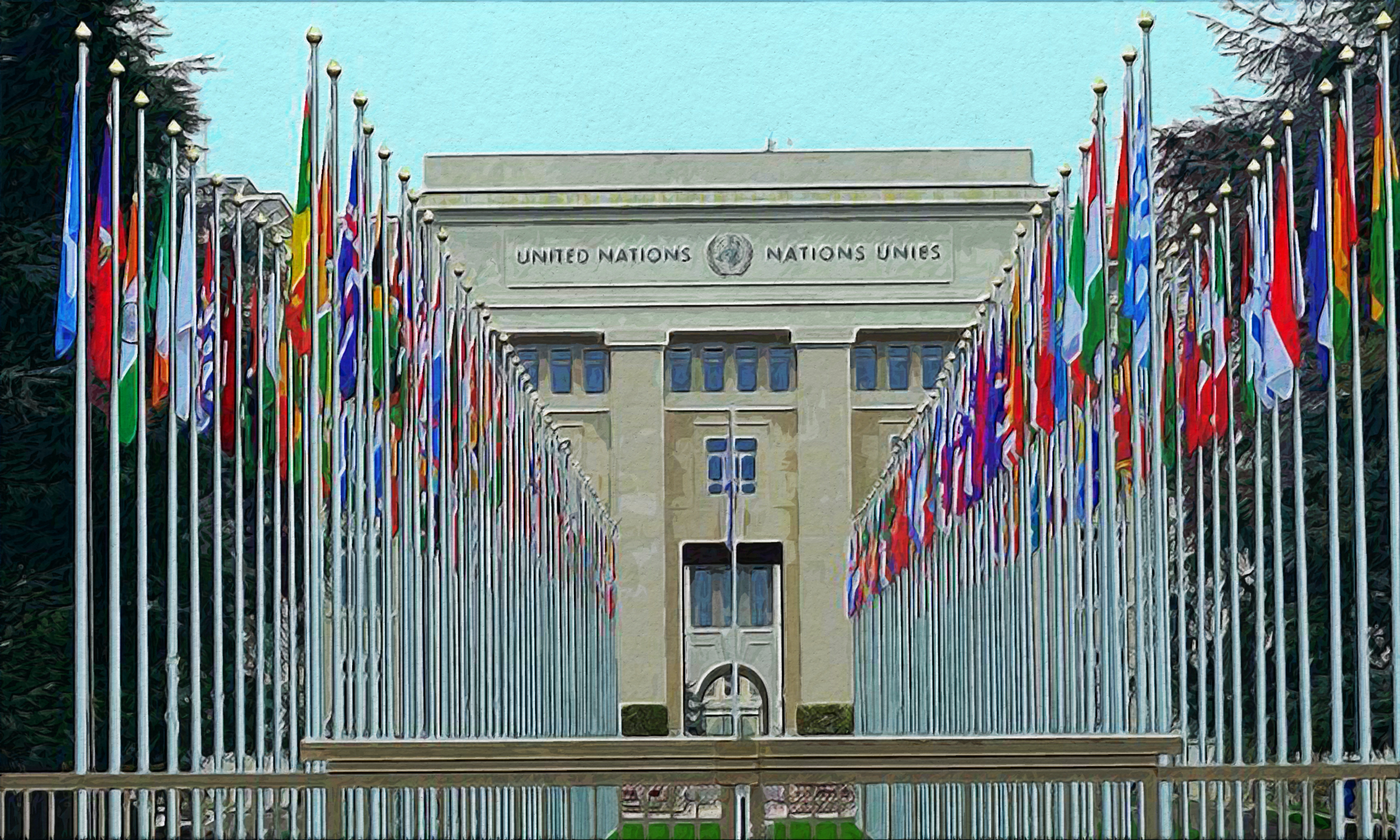Protection of Civilians & the Rule of Law & Human Rights

Within the structure of AcoGaps, the Human Rights and Rule of Law Department provides a framework for developing and representing a thinking and listening space, and a monitoring center; and also for gaining momentum towards the achievement of the goals set: to promote and to protect human rights with determination and conviction. In brief, the framework provides general guidance in addressing AcoGaps’s work on protecting and promoting human rights in Sudan.

With respect to the rights and freedoms set forth in the 1948 Universal Declaration of Human Rights, the human rights include civil, political, economic, social and cultural rights that aim to
uphold human dignity and value that were stated in the two International Covenants adopted in 1966. The first covenant undertakes to ensure civil and political rights, while the second to ensure economic, social and cultural rights. These covenants are reinforcements concerning the Universal Declaration of Human Rights. And both are binding on all states that have signed up to them.
In order to control its movements and activities, the African Center for Governance, Peace & Transition Studies, through the Department of Human Rights and the Rule of Law, developed a strategic plan. The strategic plan formulated an action plan taking into consideration elements such as goals, values, cultures, and the Sudanese common sense, and also taking into account the multiplicity and diversity that govern Sudanese society. The successful implementation of the strategic plan for multilateral partnerships is critically dependent on the state, international community, stakeholders, and civil society entities.
The strategy adopted a clear-cut vision through which to respect, protect, and guarantee human rights and dignity along with a message that promotes, protects, defines, and spreads awareness of human rights.
The strategy set seven goals:
First / Capacity and institutional building and consolidating the principle of independence of the African Center for Governance, Peace and Transformation Studies.
Second / Human rights related to the peace, justice and transitional process.
Third / Raising awareness of human rights.
Fourth / Seeking and working to harmonize Sudanese legislation and policies, including the upcoming constitution, with international covenants on human rights ratified by Sudan.
Fifth / Preparing reports on human rights in Sudan by evaluating rights to the status of these rights.
Sixth / Protecting human rights in Sudan through monitoring and follow-up and an effective system for receiving complaints
Seventh / Striving to build and enable regional relations and positive interaction with international institutions and mechanisms.
These seven strategic goals will form the basis to develop general action plans and specific priority programs.
And the recommendations that contribute to translating that into refined activities within the framework of its overall objectives in its various and detailed stages that take into account the future events that arise.
The ingredients for the successful implementation of this strategy depend on: the determination of the parties; the provision of the required resources; technical and logistical support; and the cooperation and involvement of partners from civil society, and the international community in the various implementation stages.
The strategic plan includes civil society as a beneficiary and supporter. The plan also specifies close cooperation with international partners, and close coordination with various national mechanisms as extremely important pillars for the success of this strategy. And most important of all, to adopt an institutional and a teamwork approach to ensure the success and enforcement of the strategy.
1- Equality
Everyone is equal before the law and may not be discriminated against.
2- Human dignity
Everyone has basic human dignity which must be respected.
3- Life
Everyone has the right to life.
4- Freedom and security of the person
You may not be physically detained without trial or abused in any way.
5- Slavery, servitude and forced labor
You may never be subjected to slavery or forced labor.
6- Privacy
Your right to privacy includes your body, home and possessions.
7- Freedom of religion, belief and opinion
You have the right to think, belief and worship however you may choose.
8- Freedom of expression
You have the right to express your opinion. The exercise of this right carries special duties and responsibilities and may therefore be subject to certain restrictions when necessary.
9- Assembly, demonstration, picket and petition
You have the right to peacefully assemble, demonstrate and protest.
10- Freedom of association
You have the right to associate with anyone.
11- Political rights
You may form a political party, run for office and vote for any party in free and fair elections.
12- Citizenship
No citizen may be deprived of citizenship.
13- Freedom of trade, occupation and profession
You have the right to choose any legal trade or occupation freely.
14- Freedom of movement and residence
You have the right to enter and leave the republic at will.
15- Environment
You have the right to health and protection.
